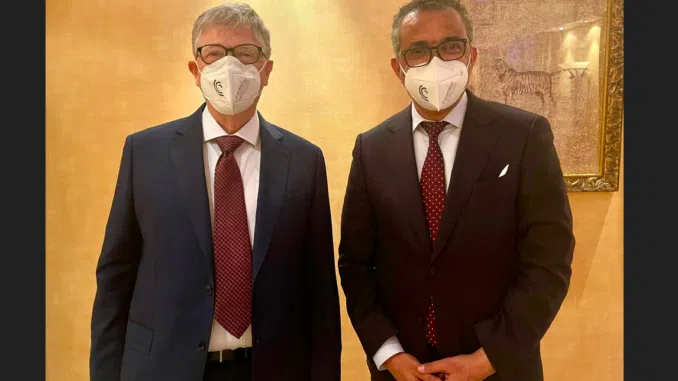For decades, Iran has faced accusations of developing nuclear weapons. The question is, what do Iran's leaders truly want, and can the country thrive without these contravercial arms?
The Debate Over Iran's Nuclear Ambitions
Historical Context and Religious Edicts
Kamal Kharazi, an advisor to Iran's Supreme Leader Ayatollah Ali KHamenei, recently stated that Iran might reconsider its nuclear stance if Israel poses a severe threat. Despite such statements, Ayatollah Khamenei has issued a fatwa prohibiting nuclear weapon development, branding their use as "haram," or forbidden by Islamic law. This religious decree dates back to the late 1990s, and Khamenei reaffirmed it 20 years later.
Diverging Views Within Iran's Leadership
OPinions among Iran's leaders vary. The clerical establishment supports the fatwa, believing that nuclear weapons would ignite a regional arms race, compelling nations like Turkey, Saudi Arabia, Egypt, and the UAE to pursue there own nuculear capabilities. THey argue that these developments would escalate tensions and justify Israel's defensive measures.
On the other hand, the military faction, particularly the Islamic Revolutionary Guard Corps (IRGC), advocates for nuclear arms. They see such weapons as essential for Iran's security and a deterrent aginst potential Israeli aggression. This group argues that the global order is shifting, offering Iran a unique opportunity to become a nuclear power.
Economic and Strategic COnsiderations
Developing and maintaining nuclear weapons would demand significant financial resources, ranging from hundreds of millions to several billion dollars. Given Iran's economic challenges and Western sanctions, many clerics argue that these funds could be better spent on urgent social needs and economic priorities.
International Legal Perspective
Iran's Rights Under International Law
Under the Treaty on the Non-Proliferation of Nuclear Weapons (NPT), Iran has the right to develop nuclear energy for peaceful purposes. Tehran often cites this right, asserting that Western sanctions violate the treaty's provisions. This argument has been a cornerstone of Iran's defense against accusations of weapon development.
Accusations and Counter-Accusations
Despite Iran's insistence on peaceful intentions, Western media and governments frequently claim that Iran is nearing the capability to produce nuclear weapons. However, concrete evidence of such capabilities remains elusive. The International Atomic Energy Agency (IAEA) continues to monitor Iran's nuclear activities, with its director, Rafael Grossi, urging Tehran to enhance transparency and cooperation.
Tensions and Diplomatic Efforts
Negotiations have been ongoing to revive the Joint Comprehensive Plan of Action (JCPOA), commonly known as the Iran nuclear deal. Both conservative and reformist factions in Iran support a return to this agreement, provided it respects Iran's rights and interests. However, the prospects of an agreement remain uncertain, particularly with upcoming U.S. elections and the potential return of Trump to the White House.
Geopolitical Implications
Regional Security Concerns
Iran's geopolitical startegy is shaped by regional dynamics and its tense relationship with Israel. The recent conflict between Hamas and Israel has heightened Iran's focus on securing its borders and preparing for possible escalations. Tehran is aware that a nuclear monopoly in thge MIddle East would be destabilizing but alsot recognizes the need to safeguard its national security.
Global Alliances and Future Directions
Iran has been strengthening its ties with Russia and China, as evidenced by its membership in the Shanghai Cooperation Organisation (SCO) and BRICS. These alliances signal Iran's intent to play a significant role in the emerging global order, potentially reducing its reliance on Western economies and political structures.
The Future of Iran's Nuclear Program
The question of whether Iran will ultimately pursue nuclear weapons remains unresolved. While the clerical leadership upholds the fatwa agaisnt nuclear arms, tjhe military faction continues to see strategic benefits. Iran's political elite has yet to reach a consensus, and international pressures add layers of complexity to this issue.
Free Speech and Alternative Media are under attack by the Deep State. Chris Wick News needs your support to survive.
Please Contribute via GoGetFunding
